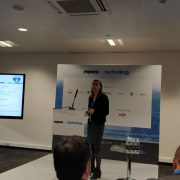CHPM2030 Visioning workshop, Las Palmas
LPRC recently organised the CHPM2030 Visioning Workshop in Las Palmas. The participants were selected from both Consortium members, external research centres and companies from the geothermal and mineral sector. The workshop is part of the project’s forward looking exercise which is aiming to set the ground for subsequent implementation of the CHPM (Combined Heat Power and Metal extraction) technology in the future (2030/2050). The goal of this workshop is to create a shared vision, clear picture, description about how the technology ideally evolves by 2030/2050 and set tangible/measurable targets for it.
The workshop begun with introductory presentations (Tamas Madarasz: CHPM state-of-the-art, Tamas Miklovicz: WP6 context and Marco Konrat: Visioning methodology), to which the main exercise followed: the group discussion of given topics (eg. drilling) about requirements vs. achievability and targets that must be achieved before the CHPM technology can reach pilot level (TRL 6-7) by 2030 and full scale (TRL 8-9) by 2050. The different topics were grouped as exploration and market, development and operation. Each contained subtopics and issues that had emerged during the Delphi survey. This was not a exhaustive list, and the participants added new issues or reformulated relevant ones during the group work. The aim of the group work was to set measurable targets at each relevant issue for 2030 and/or 2050 (eg. reduce drilling cost by 2030 within 30%). The sum of the targets is the vision for the given area.
The last session was about consensus building. For this, the team brought all group visions together (per area, per time horizon) and created a shared vision for 2030 and 2050. There is still a lot post-processing to be done, but the work will now continue with fresh ideas and new input. The CHPM 2030 and 2050 roadmaps will be based on this vision and will outline actions in order to meet the proposed targets and arrive at the desired future.
On the second day, the participants visited PLOCAN‘s oceanic research platform. The Oceanic Platform of the Canary Islands (PLOCAN) is a Research Infrastructure (RI) labeled by the ICTS (Unique Scientific and Technological Infrastructure) Spanish National Roadmap. The visit covered a boat trip to see the offshore platform, and a presentation at the onshore laboratories about the ongoing PLOCAN research and blue economy of the Canary Islands.
The work will continue with processing of the workshop results, and prepare the Vision for the Roadmapping activities in early 2019!

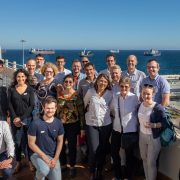 Tamas Miklovicz
Tamas Miklovicz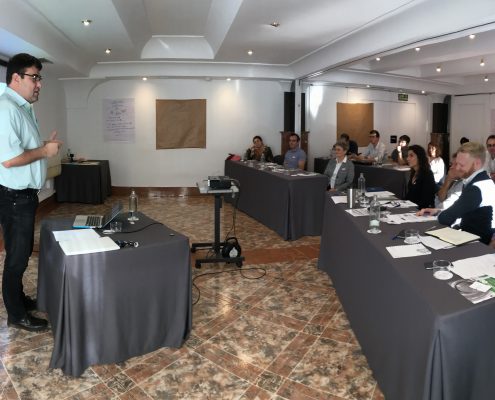
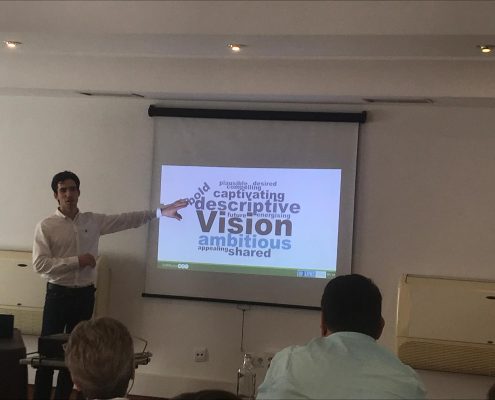
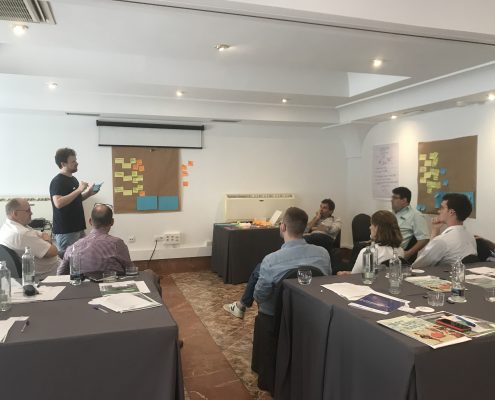
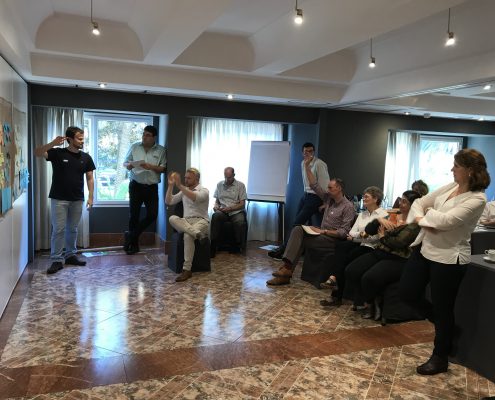
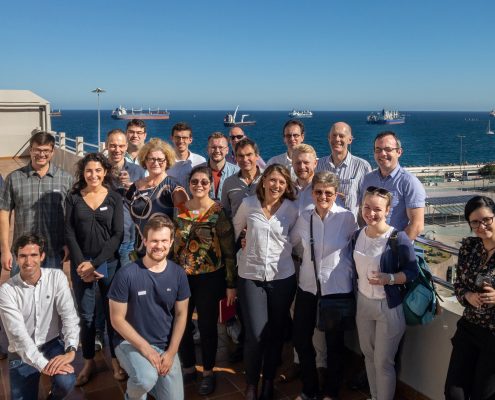
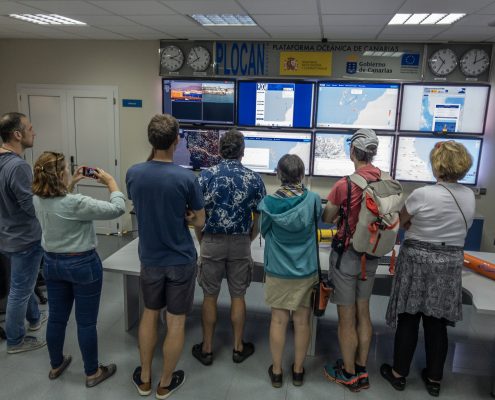
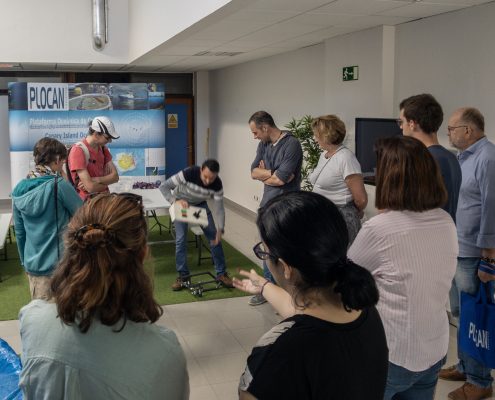

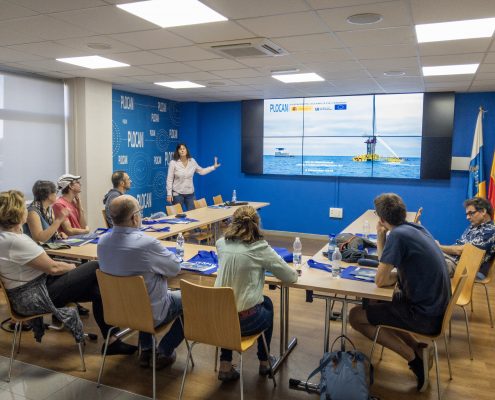
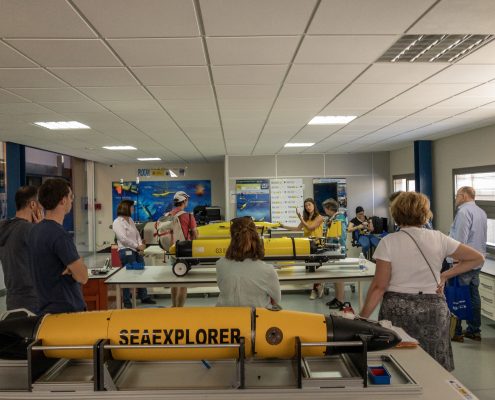
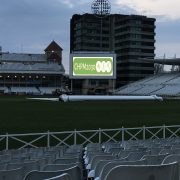
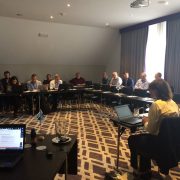
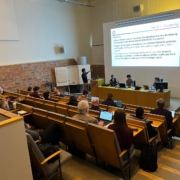 La Palma Research Centre
La Palma Research Centre
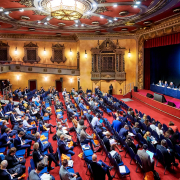 Raw Materials Week
Raw Materials Week